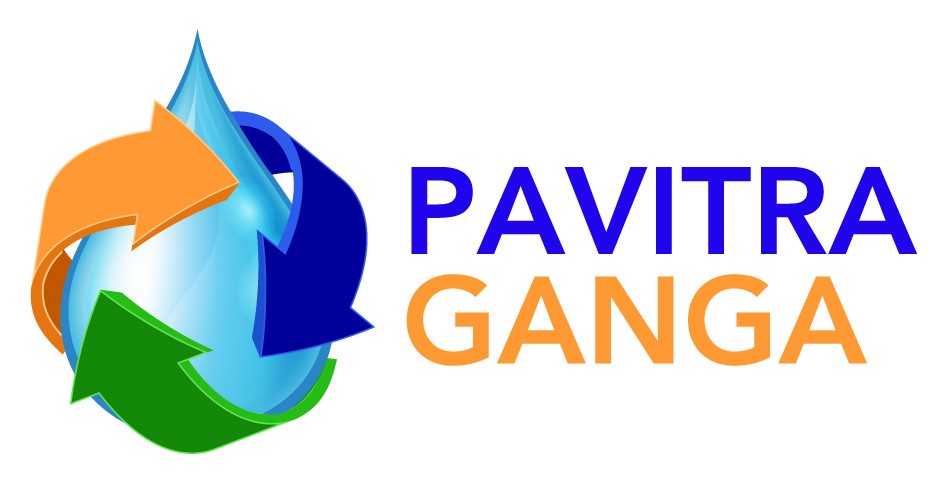Wastewater collection, treatment and the safe reuse of untreated or partially treated wastewater is a matter of increasing concern in India and globally, where achieving the aspirations of the involved parties remains a challenge. Concerted action by multiple actors would often be required to address the manifold and overlapping technical, environmental, social, economic, and governance concerns. Despite good intentions, champions from within the sector or other societal actors who could facilitate such processes and apply proven methods are often missing or ill-equipped, hindering initiatives for improvement.
Within the H2020 EU-India research and innovation project Pavitra Ganga – Unlocking Wastewater Treatment, Water Reuse and Resource Recovery, which is jointly conducted by several Indian and European partners and funded by Government of India and the European Union, we have designed and conducted co-creation processes with key stakeholders to address such issues in bridging across different views, interests and positions towards concerted action. This included tailoring problem structuring methods (PSM) and multi-criteria decision analysis (MCDA) approaches to facilitate a holistic situational analysis, search for promising solutions, and appraisal from diverse perspectives to overcome common roadblocks to concerted action.
This workshop will take common problem-solving tactics and experiences from the participants as a starting point. Building onto these, the principles, structure and design of alternative problem appraisal, solution generation and decision support processes will be introduced. Their intended benefits and potential pitfalls in making use of these for policy support for wastewater management in reuse in practice are highlighted based on insights from the Pavitra Ganga project and beyond. After completing the workshop, participants will have awareness of issues that hinder concerted multi-action and an initial understanding of how the rich fields of problem structuring and decision analysis methods can help facilitate multi-stakeholder processes towards such action.
